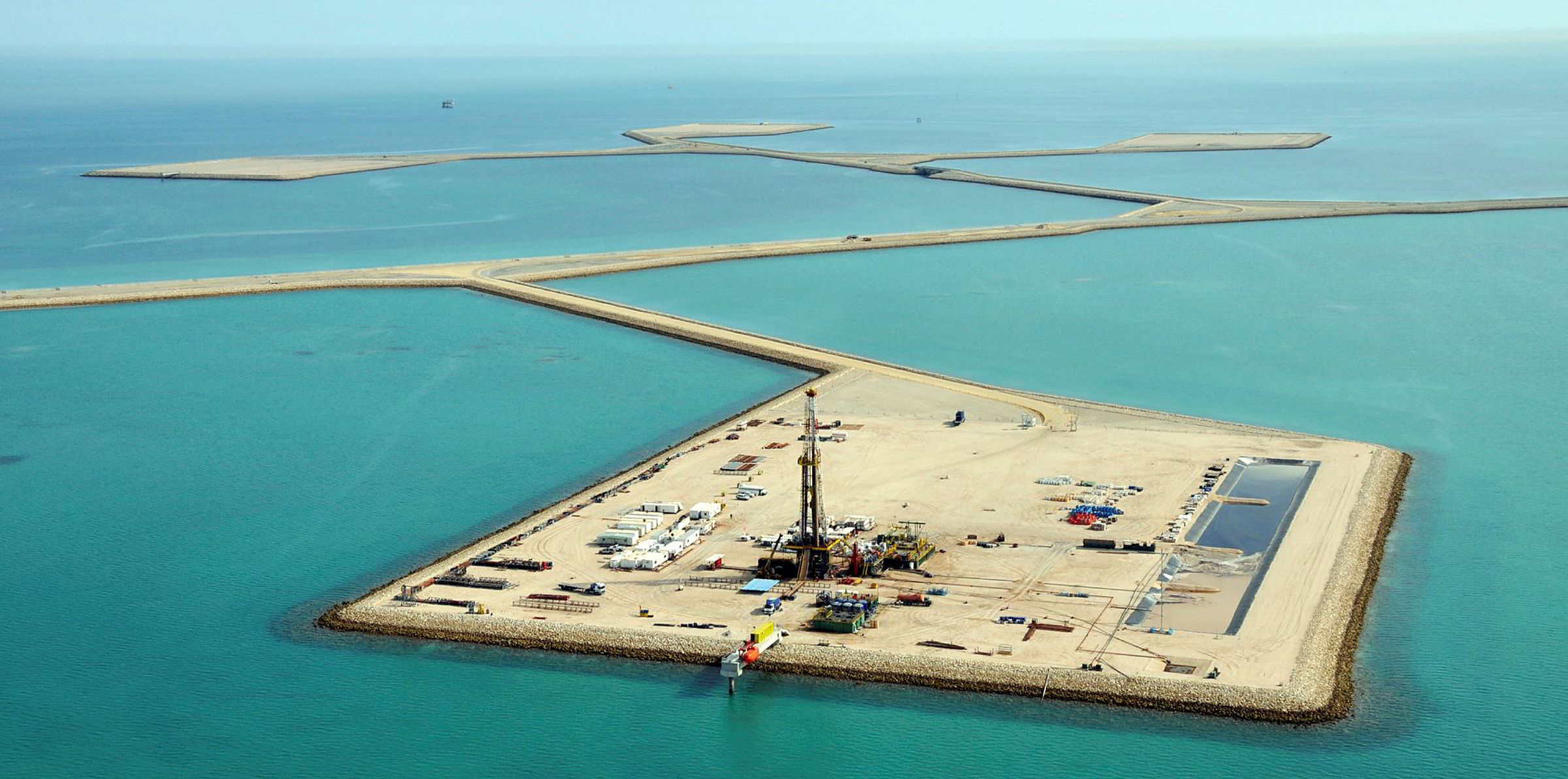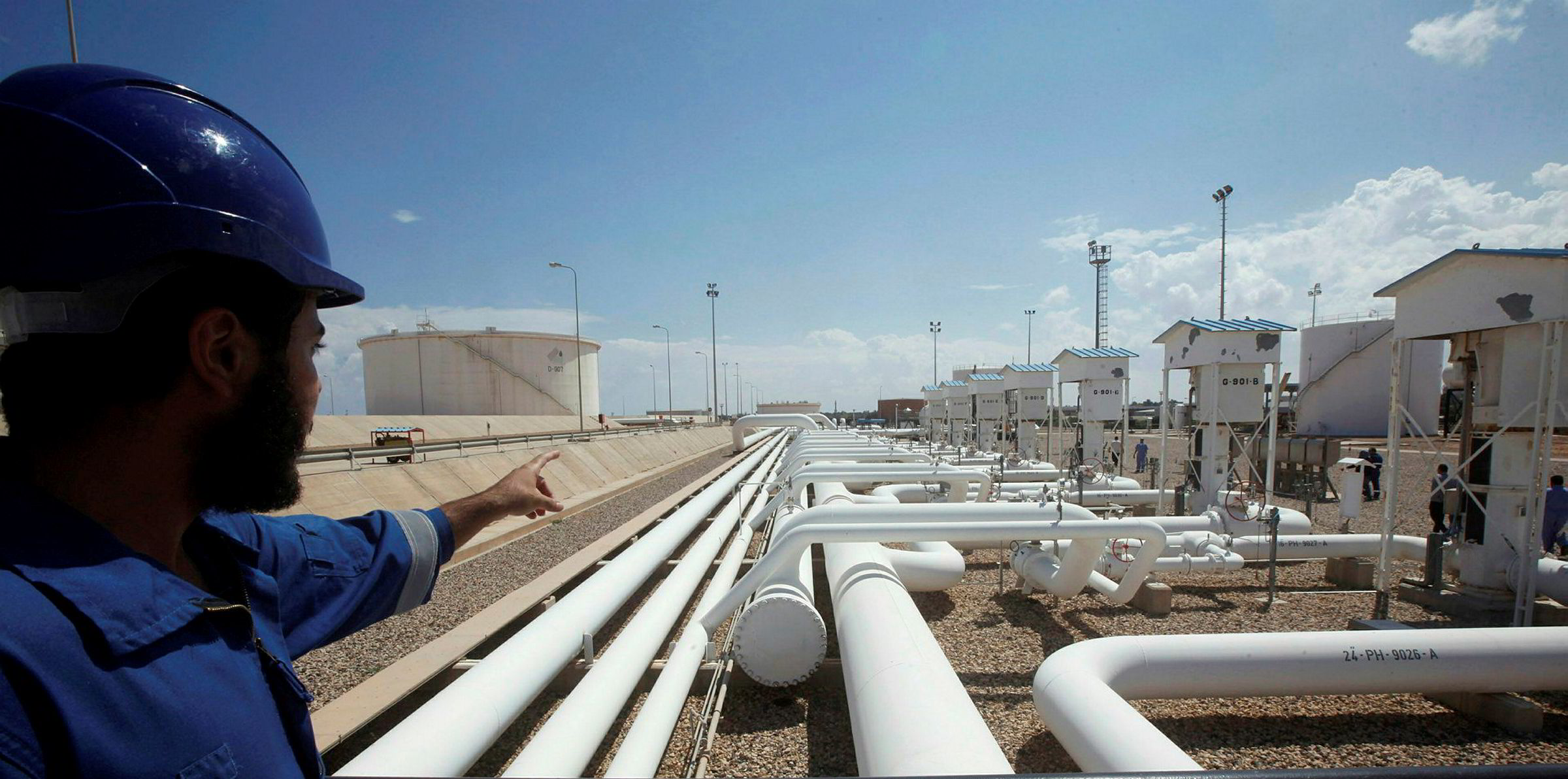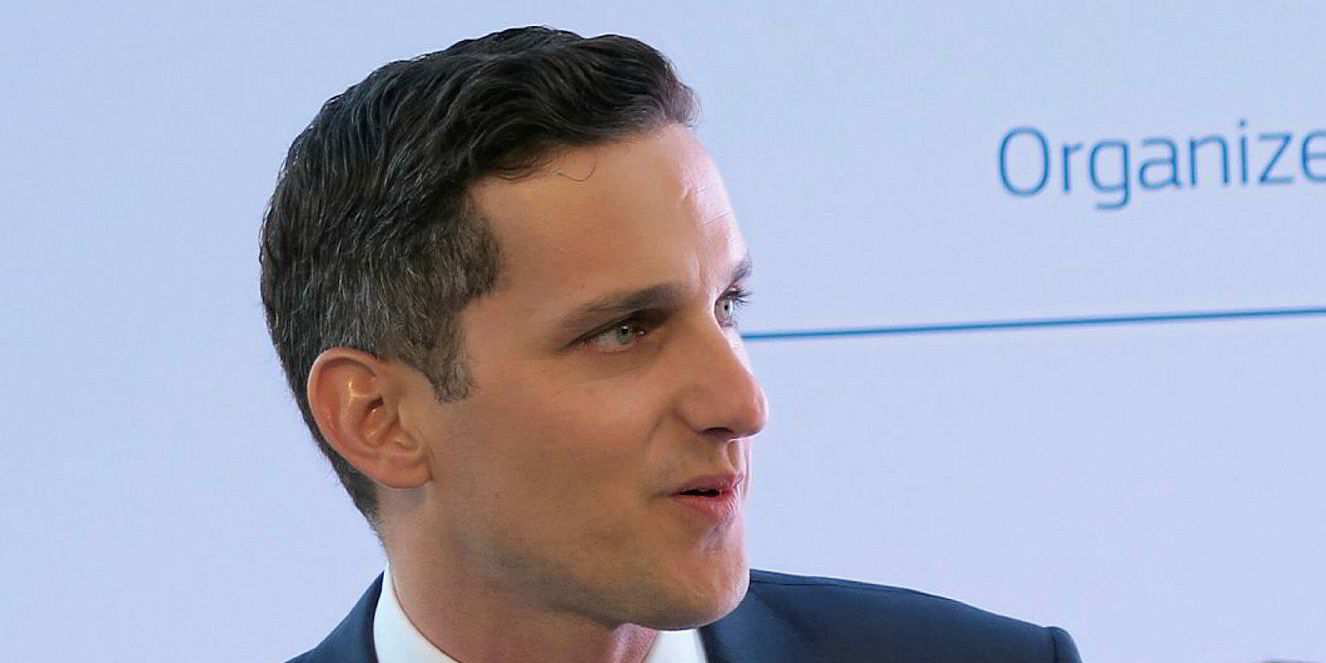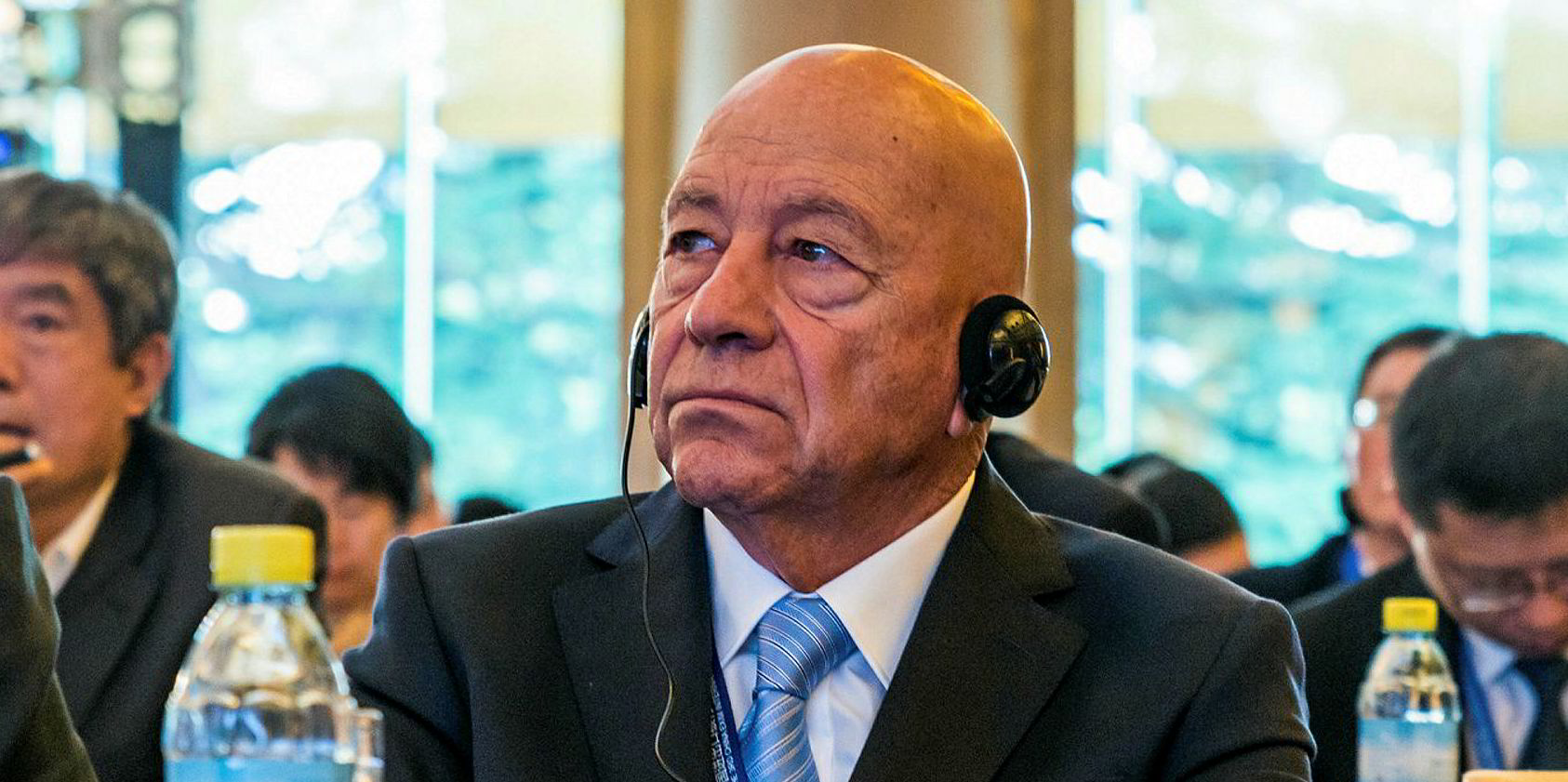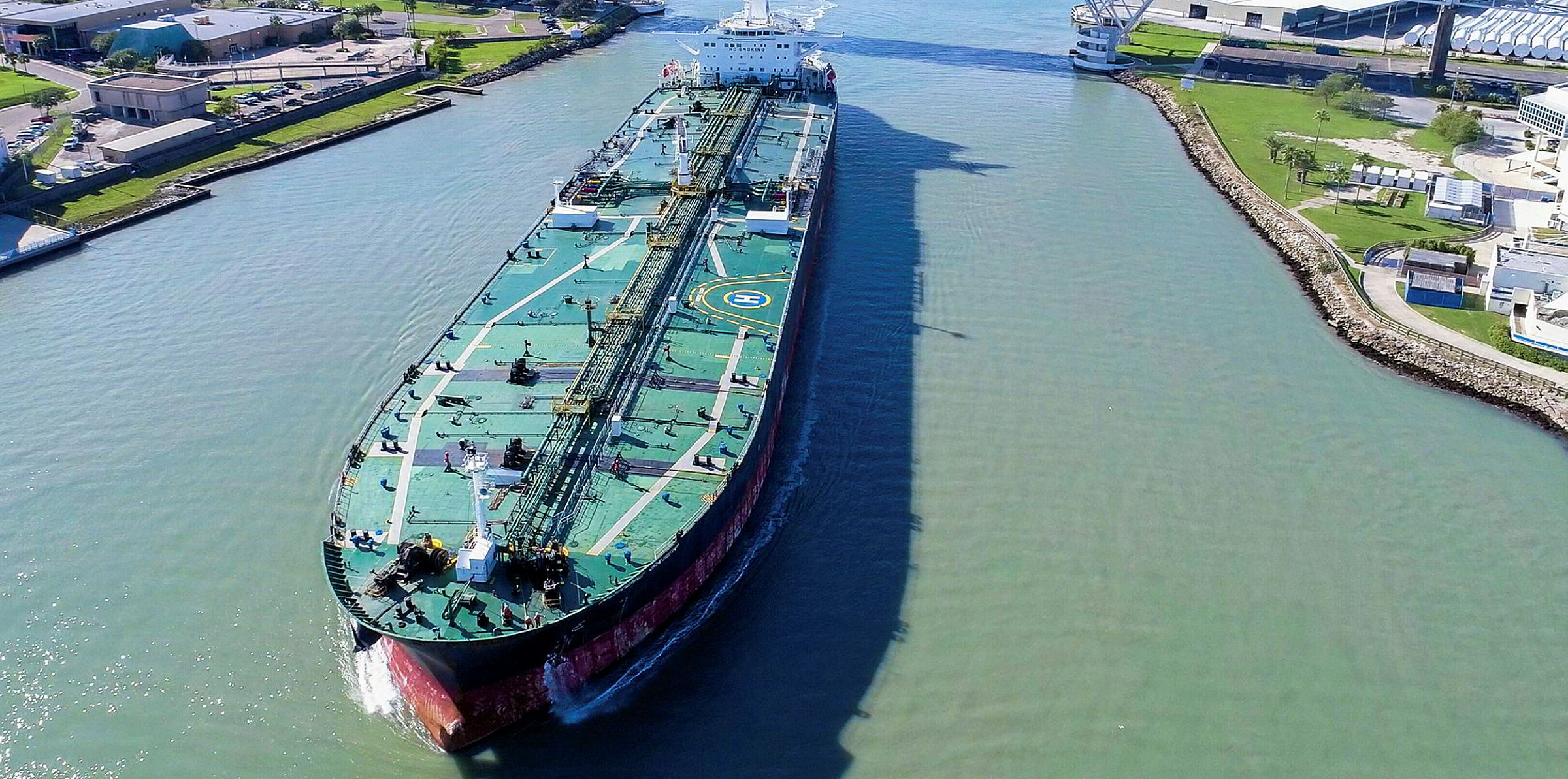Tanker owners are facing a weak summer market amid accelerating oil destocking as Opec and its Russia-led allies agree to extend a historic supply reduction.
Over the weekend, Opec and its Russia-led allies signed up for a one-month cut of 9.6m barrels per day (bpd) in July despite the withdrawal of Mexico from an earlier deal.
The news points to lower tanker demand in the near term, with refiners expected to draw down their inventories due to tight oil supply, according to analysts.
“The prolonged cut implies a slower tanker recovery (by one month),” investment bank Clarksons Platou Securities said in a note.
“Everything else equal, [it] is negative for storage demand as destocking is likely to accelerate with oil demand expected to continue rebounding.”
Falling oil inventories
Following the agreement, Saudi Arabia has reportedly hiked the official July selling prices for all crude grades for its customers across the globe.
The move is expected to discourage the consuming nations to lift more barrels after they built up large inventories earlier this quarter. China’s crude imports reached an all-time high of 11.3m bpd in May, according to media reports citing customs data.
“These extra Opec cuts increasingly tighten the crude and condensate balances. Stock draws of around 4m bpd are now estimated for July and August,” Rystad Energy’s head of oil markets Bjornar Tonhaugen said.
“We believe Opec+ is attempting to create a mini-bull-cycle by quickly tightening the prompt market, spur large stock draws and flip the oil curve into backwardation to incentivise even further stock draws,” the consultant added.
Kpler data shows the amount of crude stored at sea reached 143m barrels as of Monday, down from a record high of 167m barrels on 24 May.
Braemar ACM Shipbroking said spot tanker earnings could dip below operating expenses for the rest of 2020 in the worse scenario, with vessels being released from floating storage amid “violent” market rebalancing.
But the brokerage suggested the actual development would likely be more benign as the pace of inventory drawdowns is expected to be slow.
“While destocking pain is coming for tanker markets, it is still months away and won’t be of a healing ‘short and sharp’ variety,” London-based Braemar said.
Support from US sanctions
While the Opec+ headline cut is bearish, tanker owners are looking for support on other fronts.
Cleaves Securities said the cuts mean continued low transport demand and lack of storage economics for owners, plaguing the Middle Eastern Gulf (MEG) market in particular.
"A thin tonnage list in the Atlantic and vessels tied on storage [are] however supportive of regional spot rates," the investment bank added.
Fearnley Securities said it viewed the Opec+ move as unsurprising and suggested Saudi Arabia, Qatar and Kuwait would roll back their 1.2m bpd voluntary cut made in June.
"Interestingly, the deal also included a claw-back from delegates failing to comply in May and June. The primary laggards are Iraq, Nigeria and Kazakhstan, which thus will have to make extra cuts from July to September...to circa 1.4m bpd," the Norwegian investment bank said.
"Beyond July it is hard to see further cuts beyond what is already agreed. Therefore, we continue to expect the tanker market being worst hit in June/ July.”
Clarksons Platou assessed average suezmax earnings down 12.4% from last Friday at $17,800 per day as of Monday morning and aframax also down 12.4% at $13,300 per day.
But VLCC earnings gained 3.1% to $53,900 per day. Baltic Exchange data showed the July VLCC forward freight agreement for the MEG-China route surged by $10,394 to $44,769 per day on Friday.
Sentiment was being lifted by potential new US sanctions against Venezuela, which could remove dozens of tankers from international trading, according to brokers.
Washington already sanctioned four vessels for allegedly loading oil from Venezuela between February and April last week. Citing unnamed shipping sources and government officials, Reuters reported the Office of Foreign Assets Control (Ofac) could blacklist another 25 VLCCs and 17 smaller ships for similar reasons.
"This is believed by some to be a shift in policy from the administrator, with oil-for-debt arrangements previously being approved,” Fearnley said.
"Therefore, it is expected that most ship-owners will shy away from the trade going forward. Regardless, should Ofac expand its sanctions this would certainly stir things up again."
